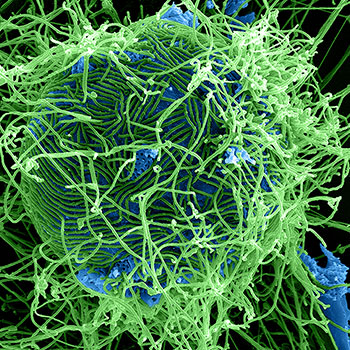How to solve this derivative? with steps
# \frac(1)(e^x + \sqrt {e^x + 1}#
2 Answers
Explanation:
Writing your term in the form
the second factor Comes from the chain rule, if we
differentiate
Explanation:
Take it in small steps. break the problem down into pieces, and solve those, then put everything together
Start with the formula for finding the derivative of the quotient of 2 functions:
...this problem allows at least some simplification since the numerator is the constant 1, so
So, if we denote the denominator in the original function as g(x), the derivative is:
We have to then find
We know that
...rewrite the square root term as
...you find this using the chain rule, and the rule for finding derivatives of powers of functions:
so
so, going back to
...you can rewrite this as:
and now, all we have to do is find
...and that's just a simple binomial multiplication:
So now, you can put all this together:
GOOD LUCK


